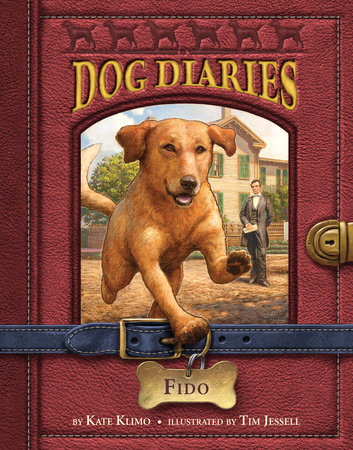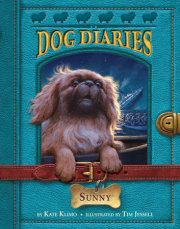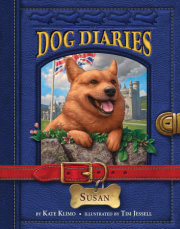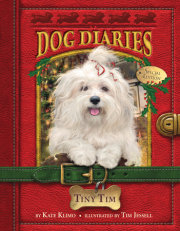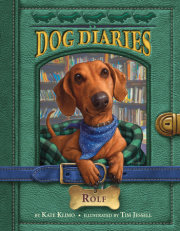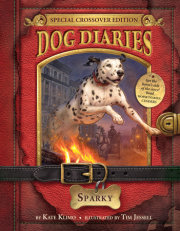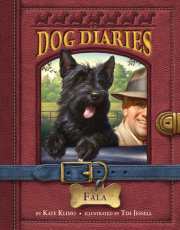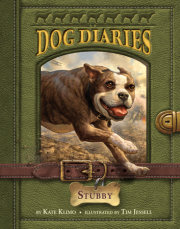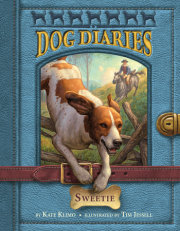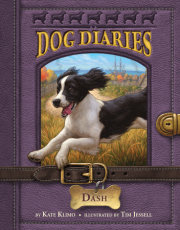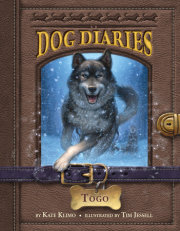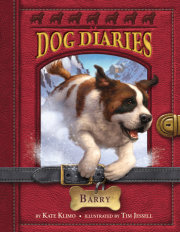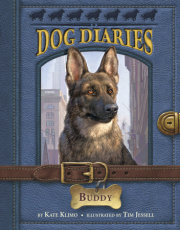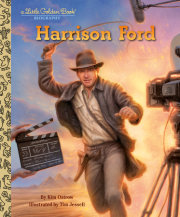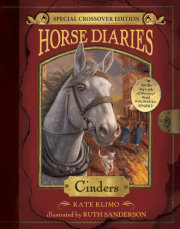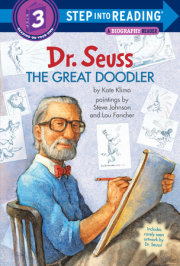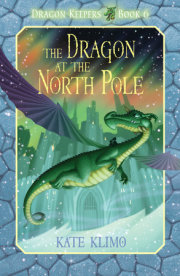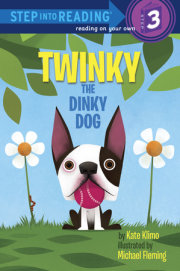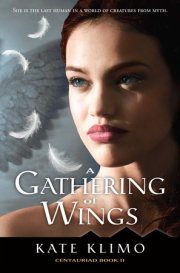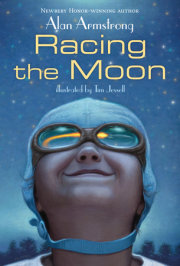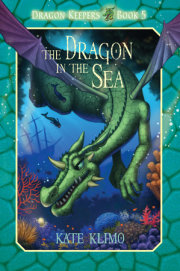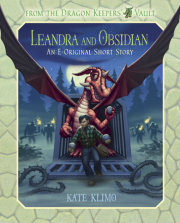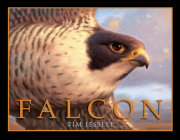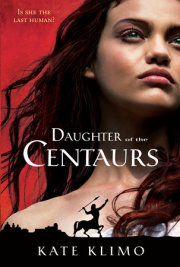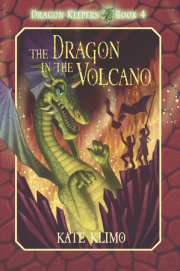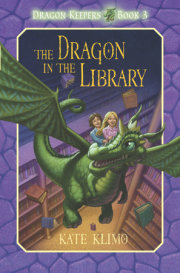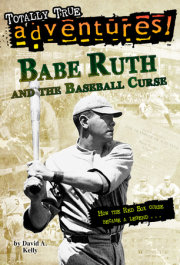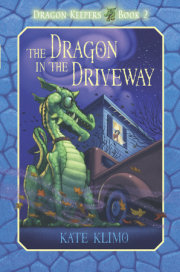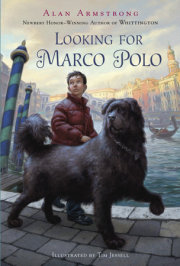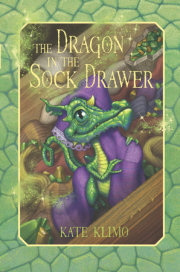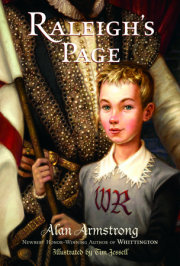Abraham Lincoln was my man and I was his dog. That’s the long and short of it. Lincoln had lots of dogs. This ain’t about them. This is about me, Fido. I like to think I was his favorite. The Lincoln Dog, they called me in my heyday. But before I met him, I waren’t nothing but a tramp, living on the streets.
Fact is, me and Lincoln looked alike. We were, the both of us, raw-boned and big-eared and, if I do say so myself, homely as the day is long.
The morning we met, I’d been trussed up tight in a burlap sack, captured by a gang of ne’er-do-well boys. I didn’t know what they had in mind for me. But I can tell you right now, it waren’t good. I could tell by the sound of their wicked laughter. Low-down and mean it was.
I’d no one to blame but myself. They’d lured me into an alleyway with the promise of bacon. I should’ve known better. My mother would have told me,
Son, when you see a band of idle boys coming at you, run in t’other direction. But Ma was gone, squashed flatter than a johnnycake by a lumber wagon. Before I could get me my taste of bacon,those bad boys had me in a feed sack with the string drawed up tight, quicker than greased lightning.
Let me go! I barked till my jaws ached.
Suddenly, I heard a voice. It was high and twangy, like a country banjo. “What are you boys proposing to do with that there wriggling sack?”
The boys knocked off laughing. I heard them shuffle and mumble. “Bringin’ home a rooster for Ma’s cook pot,” one of them said.
“Is that a fact?” said the man. “Rare rooster you’ve got there that barks like a dog.”
“Boys,” I heard one of them whispering to another, “we’re in hot water now.”
The man went on. “Don’t you young ’uns know that all life is sacred? An ant’s life is as sweet to it as ours is to us. How would you like it if somebody stuffed you in a sack?”
“I reckon we’d hate it, sir,” one of the boys said.
“Then you’d best drop that sack and be off. And the next time I catch you red-handed, I’ll tell your folks. And if they don’t tan your hide, I will. Hear me?”
“Yes, sir, mister!” And they dropped me.
Next thing I knew, the man was laying open the sack. He squatted on his heels and stared down at me. I was shivering so bad I thought my teeth would crack. In my brief life on earth, humans had done precious little to win my trust. I looked in this one’s eyes. They were pale as a rainy day. He smelled of timber, woodsmoke, river, milk, barn, and what else? I took a deeper whiff. Sadness! He smelled like a man weighed down by a great sadness.
I leapt into his lap. Propping my paws on his chest, I wagged my bushy tail.
Cheer up! Some dogs might have been afeared of his looks. His face was long and narrow, with sunken cheeks. His hat was tall and dusty. But that smile? It lit up his face like a lantern in the wilderness.
“I’ve found me a little yaller pup, looks like!” he declared, scratching my back. “A good little dog, too, I can tell.”
Even a tramp like me knew that word.
Good. But was I anything like good? I knew I
wanted to be. Ma always
told me to be. But she also said there waren’t nothing like a man to bring out the best in a dog. Was this the man for me?
I licked his face until he laughed so hard he fell over backward. “I know some fine young lads who will be pleased to meet you.”
He climbed to his feet and wrapped me in the old shawl from around his neck. It smelled of man sweat and hair oil. Down the street he strode on legs so long I got dizzy when I looked down.
We passed a lady coming t’other way. The man tipped his tall hat. “Good day, Mrs. Melvin.”
The lady stopped and grinned. “Well, now, I see you’ve rescued another of God’s creatures.”
“Now, Mother Melvin, you know I can’t help myself.”
The lady shook her head fondly. “Aren’t you the one who ruined a brand-new suit wading into the mud to save a pig in distress?”
“I do confess I’m partial to pigs, ma’am. My favorite pet as a child was a pig. But I favor little yaller dogs, too.”
“I wonder what your Mary will have to say about that,” Mother Melvin said. “Cats she’ll tolerate. But everyone knows the little woman is afeared of dogs. I daresay she’ll be fit to be tied.”
“Over a little yaller pup?” He looked down on me, his eyes twinkling. “What say you, Fido?”
I wagged and panted.
Fido? Who’s that? “That’s your new name. Fido. From the Latin
fidelis, meaning ‘faithful.’ You’ve got the makings of a faithful dog. A proper
Lincoln family dog.”
Copyright © 2018 by Kate Klimo; illustrated by Tim Jessell. All rights reserved. No part of this excerpt may be reproduced or reprinted without permission in writing from the publisher.

